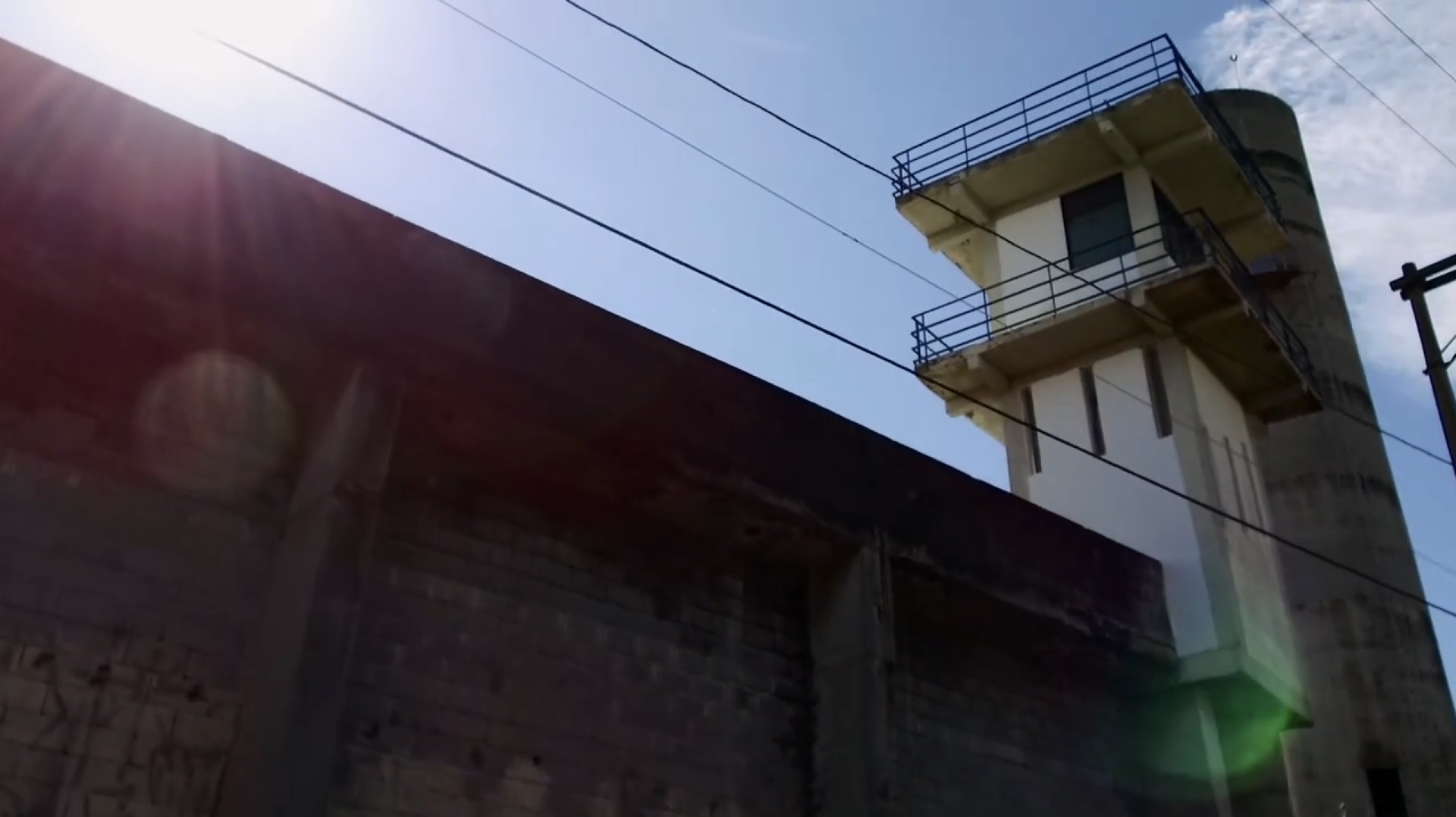Ricardo Anderáos
Vice President of Humanitas360 Institute
The privatization of detention centers in Sao Paulo led to a courthouse war between the state government, on the one side, and public defenders, public prosecutors, and organizations such as Conectas and Humanitas360 on the other. Amidst several aggressions to both state and federal constitutions reported by these entities, one deserves a closer look:how the state of Sao Paulo intends to explore the work of the inmates.
A few months ago the state government suspended the activities of two inmate-led cooperatives conceived in Tremembé under unconvincing allegations. An attentive reading of the privatization notice reveals the reason: the governor’s project allows the winning company to exploit the work of the inmates in order to maximize their profits. The autonomous entrepreneurship of the inmates’ cooperatives questions such a model.
The Law of Penal Executions states that the work of inmates is not regulated by the Consolidation of the Work Laws. It is the state’s responsibility to intermediate the exploitation of such labor, offering as attraction the lifting of labor obligations. The government in this project allows the prison-administrating companies to exploit these benefits. The cooperatives, however, provide the inmates with much more than work. They are a possibility to obtain income when liberated, working for one’s own business, since a former convict cannot easily find a job working for someone else.
The governor João Doria states that the prisons of Sao Paulo will be privatized “exactly the same as in the USA. It works very well there, so will it work here”. However, the model of labor exploitation copied by the governor is the most problematic issue in the North-American prison system. A year ago, convicts from 17 states of the country began a strike denouncing the slavery-like exploitation to which they are submitted.
This is only the most recent episode of a long and tragic history. A 13th amendment to the Constitution of the USA, which abolished slavery in the country in 1865 still carries today the wording:
“Neither slavery nor involuntary servitude, except as a punishment for crime whereof the party shall have been duly convicted, shall exist within the United States, or any place subject to their jurisdiction.”
The text is clear: the United States of America did not abolish slavery, but transformed it into a profitable business to be exploited by their Criminal Justice. This may be useful to understand why the country has the largest jail population in the world.
Throughout the 20th century, jail labor became paid for in several north-American states. Still, the ridiculously low values ($1 to $2 a day) and the fact that it is compulsory (whoever refuses to work can be sent to solitary) strengthen the slavery analogy that fueled last year’s strike. The list of companies that have benefitted from this semi-enslaved labor includes companies that explore the politically correct marketing, such as Whole Foods and Starbucks, as well as giants like Microsoft, IBM, Boeing, Victoria’s Secret, Dell, and McDonalds.
The privatization notice emitted by the government of Sao Paulo, emulating the sad North-American scenario, is being disputed by two lawsuits. The first has been put forward in state justice by the Public Defenders’ Office, IBCCRIM (Brazilian Institute of Criminal Sciences), Terra Institute, Trabalho e Cidadania, and Conecta Direitos Humanos. Joining this lawsuit as amicus curiae is the Humanitas360 Institute, which also opened a second one at the Audit Office of Sao Paulo, asking for the cancellation of the notice due to a series of technical irregularities, from lack of transparency in public auditing to disrespecting bidding law.
The central matter opposing the government and the organizations that stood up against the notice is their conceptual difference on the meaning of work. For the current government of Sao Paulo, work in prison is a form of punishment, and as such it must be exploited. For the social organizations it is a tool for inmate recuperation and rehabilitation to life in society, as well as a means of avoiding criminal relapse, and it should be valued as such.





